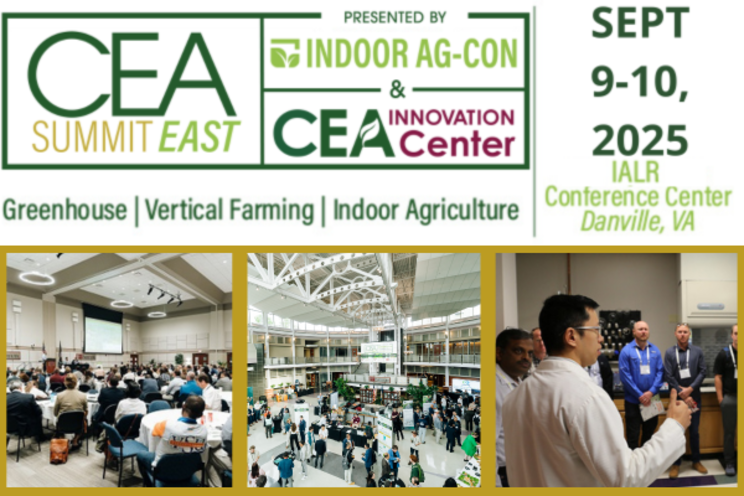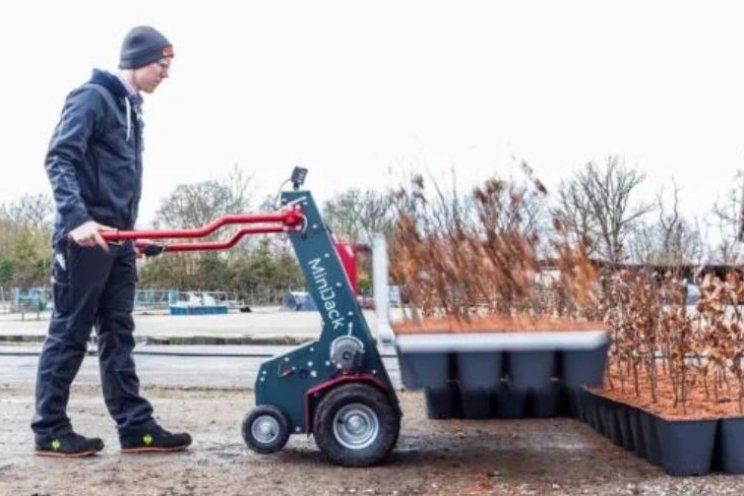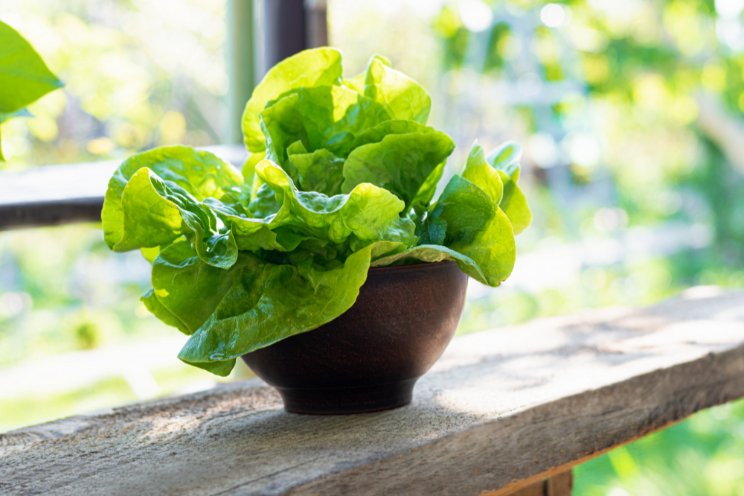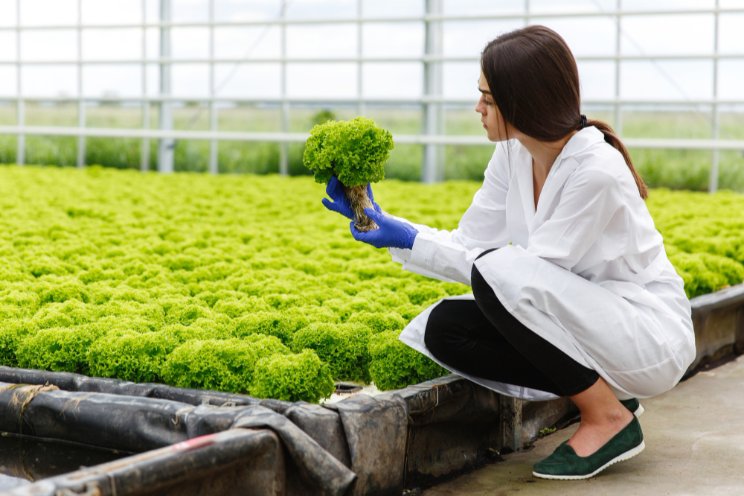New study reveals how crucial urban farming is to food security
Added on 25 August 2022
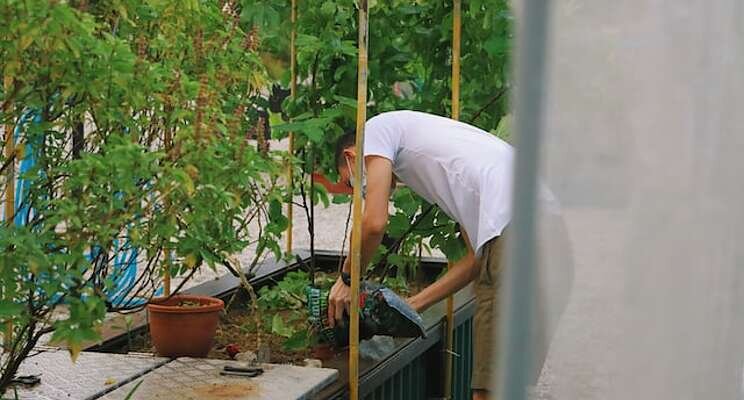
You've probably heard of — or even bought produce from — any number of urban farming initiatives. But how productive are these companies, really, and do they have the capacity to produce food at the scale of traditional agriculture? A new study published yesterday by researchers at the UK's Lancaster University has concluded that in many cases, the answer is yes.
Published in the journal Earth's Future, the new research indicates that urban gardening techniques including indoor vertical farming and hydroponics meet and in some cases exceed the yields produced by traditional farming in rural areas (via ScienceDaily). Given the boom in urban populations and lingering questions about how those populations will feed themselves in an increasingly urbanized future, researchers out of the UK's Lancaster University wanted to tackle the topic by examining how well cities are equipped to grow crops.
Source: Agritech Future
More news


